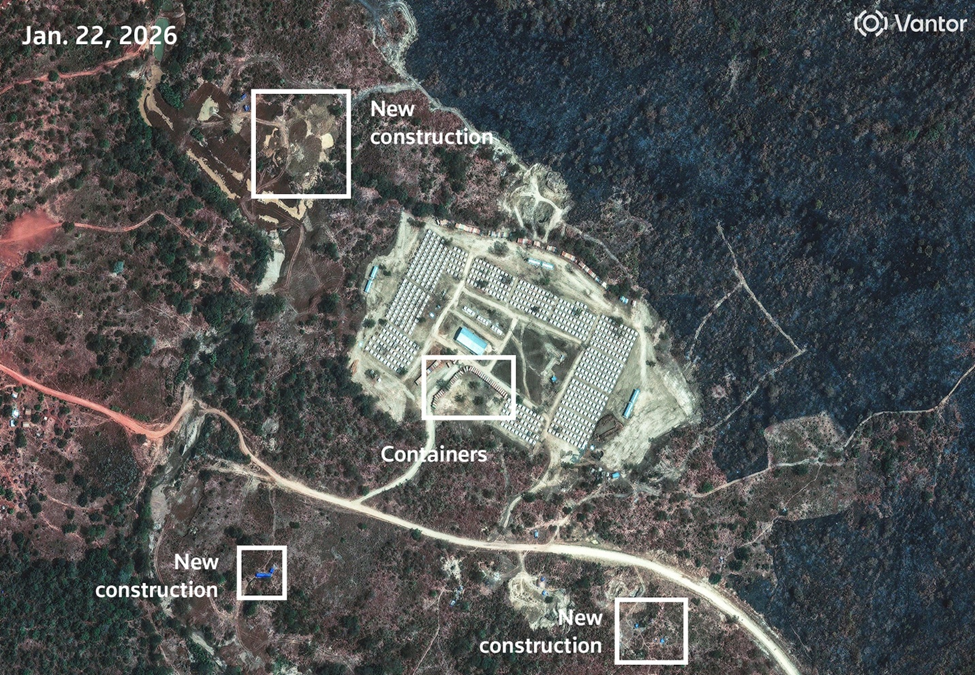SUDAN RSF decries Sudanese security agency’s seizure of eight newspapers
- Reporters without Borders 1

- Jan 11, 2018
- 2 min read

Reporters Without Borders (RSF) condemns the confiscation of the entire print runs of eight Sudanese newspapers in the past two days because of their critical coverage of a big increase in the price of bread and the resulting social unrest. RSF is appalled by this blatant censorship and calls on the authorities to stop violating the freedom to inform.
All copies of six newspapers critical of the bread price hikes were seized as they came off the presses on 7 January by the National Intelligence and Security Service (NISS) without any official explanation being given. Four of these newspapers – Al-Tayar, Al-Mustagilla, Al-Karar and Al-Assayha – are independent and two – Akhbar Al-Watan and Al-Midan – support opposition parties.
Yesterday the NISS seized all the copies of the daily Al-Jareeda and the weekly Al-Bahth, which had covered protests against the price hikes in the capital, Khartoum, and in the Darfur and Blue Nile Regions. Al-Midan was again seized as it came off the press today because of its coverage of these protests, in which one person was killed.
“The confiscation of newspapers with content that is not to the government’s liking has become a standard NISS practice,” RSF said. “Censoring media outlets that dare to cover social unrest and criticize government decisions not only contravenes international law but is also more than illusory as a way of ending popular discontent.”
Akhbar Al-Watan editor Hanadi Al-Sidiq said she was not “notified of the reasons for the seizure,” which she said was probably a reaction to the “transparent, honest and professional reporting on the price increase and the high cost of living.” Sidiq was the target of intimidation by the NISS last December.
The daily Al-Tayar is one of several newspapers that were repeatedly seized last year and its editor, Osmani Mirgani, was interrogated several times in connection with an article about Sudan’s illegal exports of radioactive material.
According to the Sudan Tribune, “The NISS routinely confiscates newspapers either to prevent circulation of certain stories or to punish them retroactively on previous issues. The grounds usually given is the need to protect “national security.”
RSF has pointed out in previous press releases that this practice has serious financial consequences for the targeted newspapers.
Sudan has little chance of improving its position in RSF’s World Press Freedom Index, in which it is currently ranked 174th out of 180 countries.
https://rsf.org/en/news/sudan-rsf-decries-sudanese-security-agencys-seizure-eight-newspapers
(c) 2018 Reporters Without Borders






